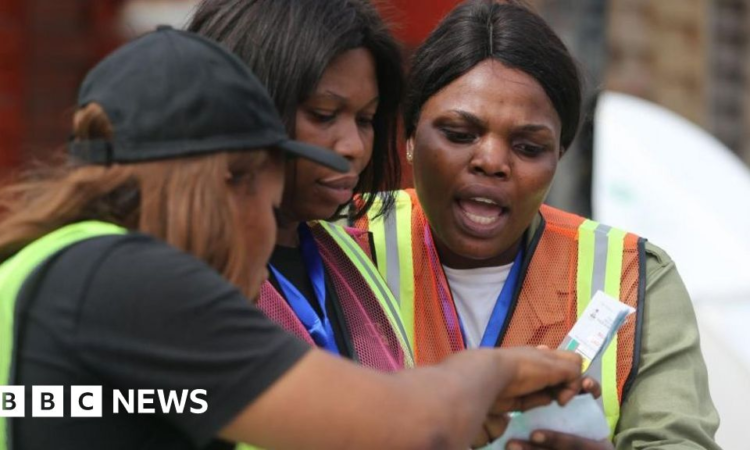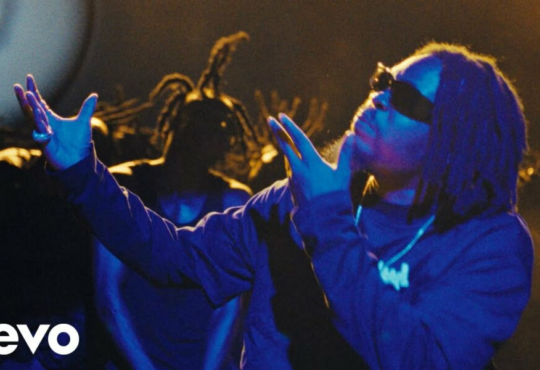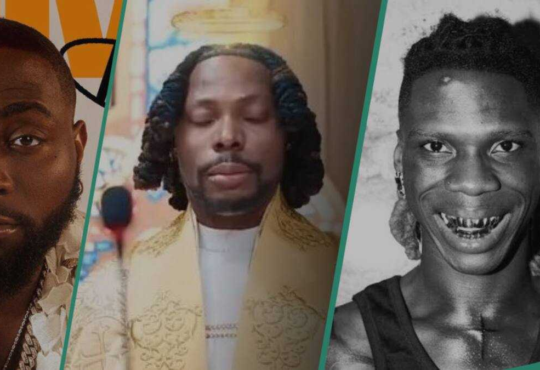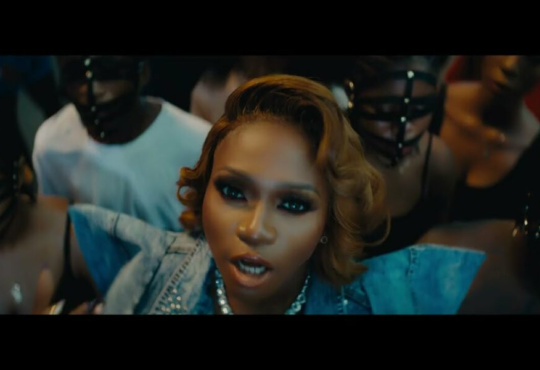
Opposition parties in Nigeria have called for the presidential election to be scrapped, describing it as a sham.
The Peoples Democratic Party (PDP) and the Labour Party said results had been manipulated, and they wanted a new election to be organised.
The ruling party's candidate Bola Tinubu is in the lead with around 40% of the vote, official figures released so far show.
The electoral commission says they should take their complaints to court.
It is pressing ahead with the release of results.
The opposition parties were critical of the Independent National Electoral Commission (Inec) and its handling of the electronic voting system.
"I demand that this sham of an election be cancelled and we call on Inec to conduct fresh elections within the window period provided by the electoral act," said Julius Abure, chairman of the Labour Party.
The small African Democratic Congress (ADC) has also backed the call by Labour and the PDP, which is the main opposition party.
Mr Tinubu's campaign team condemned the opposition parties.
"If you're not prepared to accept the shock of defeat, you have no moral rights to enjoy the fruits of victory," its spokesman Dele Alake said.
The PDP's Atiku Abubakar and Labour's Peter Obi were the main opposition presidential candidates in the elections held on Saturday.
With official results released from 20 of Nigeria's 36 states, Mr Abubakar is in second place, with around 30% of the vote. Mr Obi is third, with almost 24%.
A group of angry protesters denounced the electoral commission outside the national collation centre in the capital, Abuja.
"Everything happening there is all lies, all lies, lies… they are cooking up results," one man told the BBC.
Another group held a counter-protest, urging the electoral commission to "complete your job" and calling on "Nigerians to stand up for democracy".
On Monday, Mr Abubakar's and Mr Obi's parties walked out of the venue in Abuja where results were being announced.
They said there was a lack of transparency with the new electronic voter system.
This was the first national election where an electronic device had been used to accredit voters.
The electoral commission denied the opposition parties' complaints.
European Union observers said the electoral body's poor planning and communication undermined trust in the process.
The ruling All Progressives Congress (APC) and PDP have dominated Nigeria since the end of military rule in 1999.
Mr Obi ran for president for the first time, promising to challenge the two-party system.
He has the support of many young people, who make up a third of registered voters. There are 15 other candidates.
Mr Obi has also won in Abuja. On Monday, he was declared the winner of the biggest city, Lagos, which was seen as a stronghold of Mr Tinubu.
A candidate needs to have the most votes nationwide and at least a quarter of ballots cast in 25 of the 36 states plus Abuja to be declared the winner.
If those thresholds are not reached then there will a second round run-off between the top two candidates.
* Additional reporting by BBC teams in Nigeria.
Allegations that Bola Tinubu's diplomas were fake went viral after the release of his certificates.
The BBC Global Disinformation Team analysed three new websites in Nigeria and found many false stories.
President Bola Tinubu's opponents failed to prove allegations of rigging, the court rules.
After fighting military rule in the 1990s, Bola Tinubu feels entitled to become Nigeria's president.
Veteran politician, Bola Ahmed Tinubu, has been sworn in as Nigeria’s new president.
Copyright 2024 BBC. All rights reserved. The BBC is not responsible for the content of external sites. Read about our approach to external linking.





